Public Grieving, Private Loss
James Wheeler Reflects on His Life, His Wife, and His Upcoming Court Date
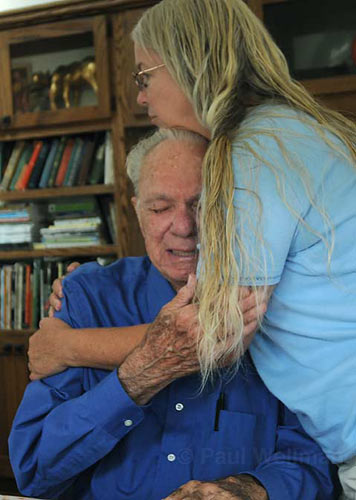
James Wheeler doesn’t fit the profile of a would-be murderer. Sitting in his daughter’s dining room, sharing the events of his storybook marriage, he also doesn’t fit the profile as a political activist. But ever since September 17 when he threaded a hose from the tailpipe of his idling Oldsmobile through the window of a room where his dementia-ravaged wife, Becky, lay sleeping and then prepared to join her there, they are the roles he finds himself playing.
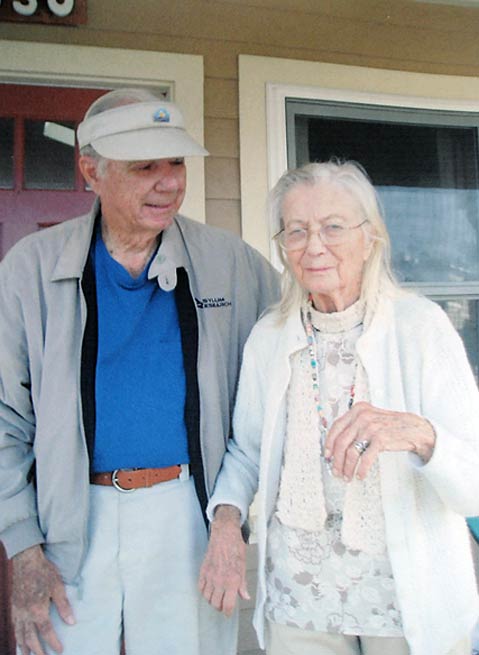
Fate intervened that day when a neighbor noticed the hose linking Wheeler’s exhaust pipe to his Carpinteria home and called for help. When Sheriff’s deputies arrived, Wheeler told them to go away as he and Becky were in the process of dying. Deputies responded by placing him in handcuffs and taking him first to Cottage Hospital and then to the County Jail. Becky Wheeler was admitted to Cottage and subsequently placed in a six-bed nursing home.
Now out on bail, the retired petroleum engineer is facing charges of attempted murder and elder abuse and the possibility of spending the rest of his life in prison.
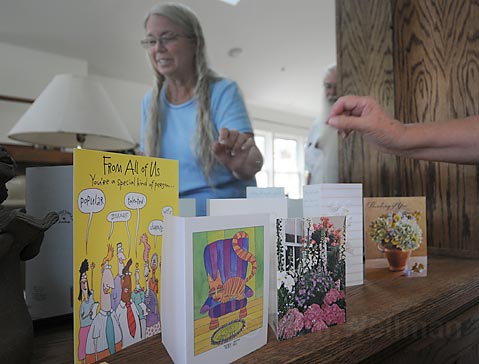
Sympathy for Wheeler and calls for leniency have materialized in letters to editors and comments posted on news Web sites – including independent.com. Wheeler’s defense attorney, Steve Balash, has received at least two offers of pro-bono assistance from other law firms. Friends and neighbors – including members of Wheeler’s bridge club and some of the couples he and Becky played weekly volleyball with for 50 years – made a show of support at his recent bail hearing.
The situation is nothing if not ambiguous. Becky has Alzheimer’s disease. As people with this condition gradually lose cognitive function and memory, their loved one must stand idly by as lifetimes of shared memories disappear into thin air. Four and a half million Americans have Alzheimer’s today, about 5 percent of men and women between 65 and 74 and half of people 85 and older. Once it’s diagnosed, a person can live between eight and 10 years, a period that demands much from family members.
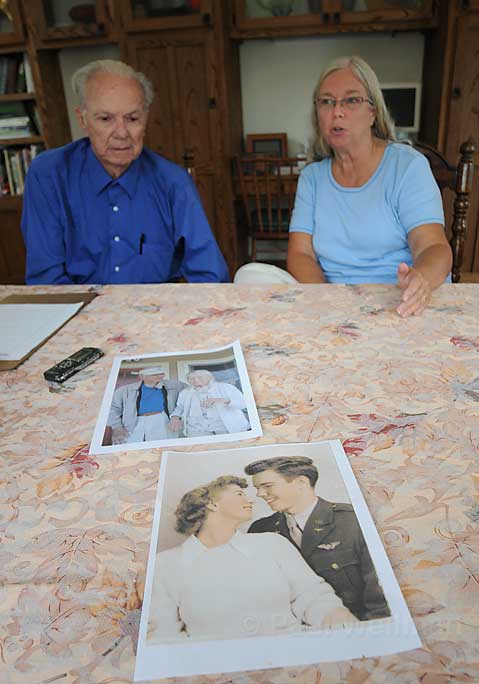
Wheeler said Becky began showing signs of dementia five years ago, but it wasn’t until 2006 that she stopped being able to find things in stores and became confused paying for items with cash. The couple would have dinner every other night at the house of their daughter and son-in-law, Terry and Stan Scrivner, who live a block up from their Third Street home. According to Terry, her mother ceased knowing what to do with different foods, would put a fork in a roll, for example, and forget what she had just eaten. She seemed to look to her husband for help with the smallest decisions, Terry said.
Very recently, Becky stopped recognizing individual family members -including her own husband. Wheeler admitted this was an upsetting development. If not for the additional shock it would cause the family, he said he would consider taking his own life again.
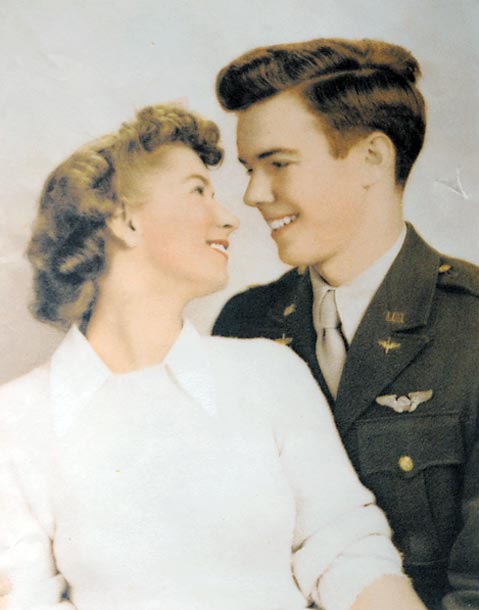
“I’m 84 years old, dear, and I’ve had a wonderful life,” Wheeler said. “And I know Becky was ready to go.” Though Wheeler claims to not be depressed, tears surface easily and copiously when the subject turns to Becky. Looking at an early photograph of the two, this reporter made a remark about the apparent regard for each other. It elicited weeping.
“That’s putting it mildly,” Wheeler said.
Initially, Wheeler was being held without bail. But at a September 24 hearing, Judge George Eskin lifted that order and released Wheeler on $100,000 plus conditions, including that he receive grief counseling, surrender his driver’s license, and be heavily supervised by family. He said the case called for compassion. But Balash said that by insisting on an unusually precipitous preliminary hearing – scheduled for this Wednesday – the District Attorney was rushing the case, perhaps to move it do a different, less sympathetic department. “How can you make an example of someone who is 85 years old?” Balash posited. “It’d be different if he was trying to kill his wife to get rid of her, but that’s not what was happening. He did not want her to be alone. He wanted to die with her.”
In person, Wheeler is convivial and open, even allowing the occasional laugh. He has continued to attend his bridge club meetings, but complains his game has slipped.
The couple met in the early 1940s at Santa Monica Beach, when Wheeler’s political science teacher agreed to hold the final class of the semester there. Becky attended with her roommate and rode back to campus with Wheeler in his Model A Ford station wagon, painted blue and gold. “I think that’s what got her,” he said. They were married in 1944, just before Wheeler went overseas to fight in the war, where he earned two purple hearts.
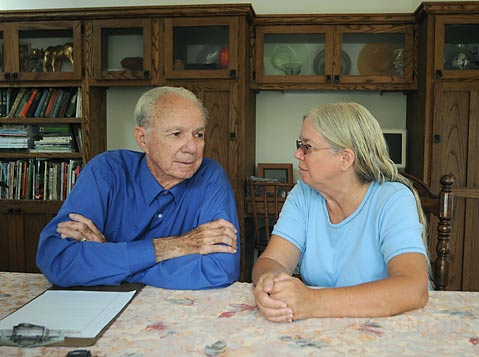
Wheeler was Becky’s caretaker, with support from the Scrivners. He never wanted to put her in a home and insists she was never a burden. Every day, after he got her breakfast and gave her medicine to her, they would take a walk down to the beach. Once a week, he would drive her to Solvang or to Ojai for breakfast. Sometimes Becky became uneasy in the unfamiliar surroundings and they would return home, stopping for food at In-N-Out.
“She could be a little stubborn,” Terry offered tentatively. “She didn’t like riding in my car, but she’d ride in [my father’s] car. They’re both Oldsmobiles, two years apart.” She and Stan hope the court will let Wheeler continue living with them.
Wheeler has not seen Becky since, as he puts it, “the crucial night.” Although legally he could visit her in the company of his daughter, Terry doesn’t believe the time is right. And Wheeler says he isn’t anxious to see her. She wouldn’t recognize him anyway, he said, and it would be difficult for her. He acknowledges being angry at the legal proceedings his actions have precipitated, but also says he’s surrendered to it.
“Yes, yes I am [angry],” he said. “But there’s no point in doing anything about it. You know. What can I do? “



